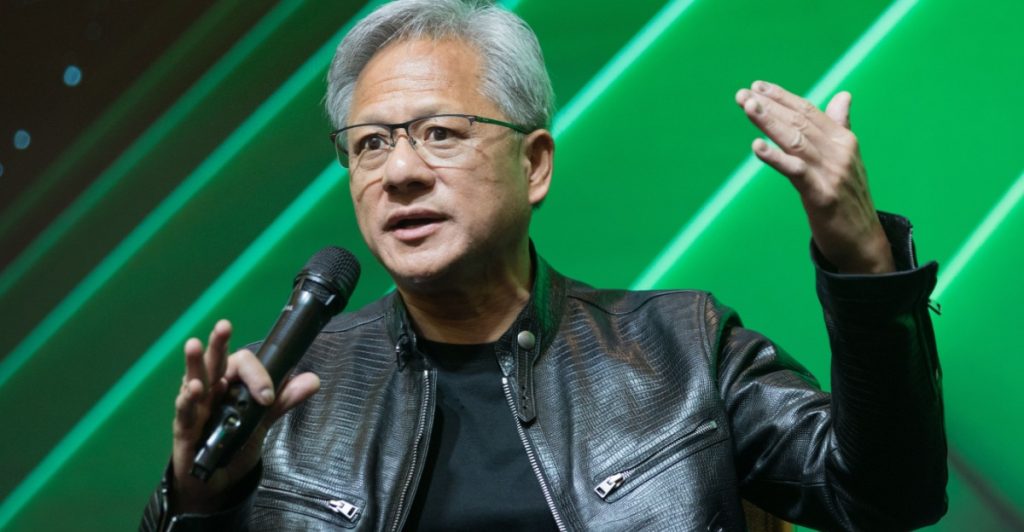Nvidia CEO Jensen Huang reveals a skyrocketing demand for the new Blackwell chips as the collaboration with TSMC reaches new heights. The partnership is set to accelerate the next generation of AI hardware — and further cement Nvidia’s dominance in the market.
Others are reading now
Reuters reports — Nvidia’s CEO Jensen Huang said the chipmaker is facing “very strong demand” for its newest Blackwell processors, highlighting the company’s deepening ties with manufacturing partner Taiwan Semiconductor Manufacturing Co (TSMC). Speaking at a TSMC event in Hsinchu.
Huang emphasized that the latest generation of chips involves extensive collaboration across multiple technologies.
Expanding production ties
“Nvidia builds the GPU, but we also build the CPU, the networking, the switches, and so there are a lot of chips associated with Blackwell,” Huang told reporters at the event.
TSMC CEO C.C. Wei confirmed that Huang had requested additional wafer capacity, but declined to reveal specific figures. “TSMC is doing a very good job supporting us on wafers,” Huang said during what was already his fourth visit to Taiwan this year. He credited TSMC’s support as essential to Nvidia’s growth.
Nvidia became the first company in October to achieve a $5 trillion market capitalization, a milestone that prompted Wei to call Huang a “five-trillion-dollar man.”
Also read
Supply chain pressure
When the topic turned to supply issues, Huang said Nvidia’s business was expanding rapidly and that shortages in “different things” were likely. However, he praised the company’s memory partners — SK Hynix, Samsung, and Micron — for ramping up production to meet demand.
“We have three very, very good memory makers… and they have scaled up tremendous capacity to support us,” Huang noted.
He added that Nvidia had already received advanced chip samples from all three suppliers. When pressed about possible price hikes, Huang responded that pricing decisions were up to the manufacturers.
AI-driven demand surge
South Korea’s SK Hynix said last week it had sold out its 2025 chip production and planned to increase investment sharply, forecasting an extended “super cycle” fueled by artificial intelligence demand. Samsung Electronics also reported ongoing talks to supply its next-generation high-bandwidth memory (HBM4) chips to Nvidia.
Limits on China sales
Huang reiterated on Friday that Nvidia was not in “active discussions” to sell its Blackwell chips to China. The U.S. government has restricted such exports, citing national security concerns and potential benefits to China’s military and AI sectors.
Also read
Sources: Reuters, AP, BBC


